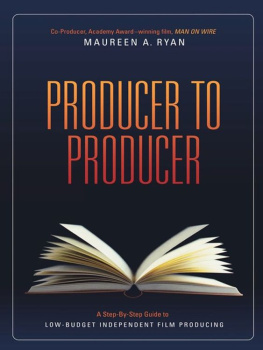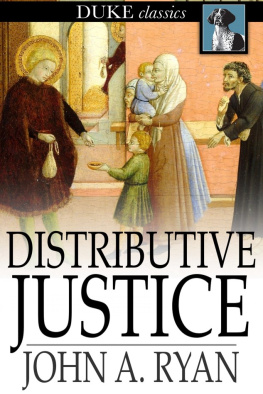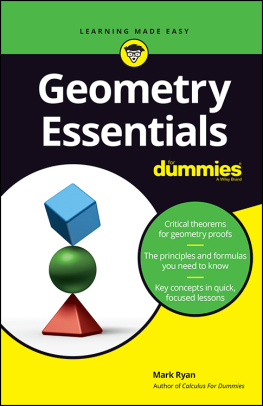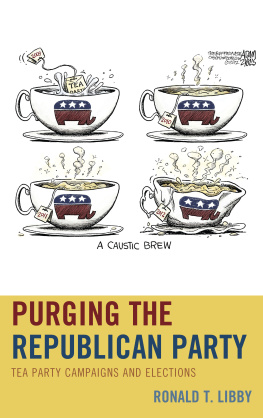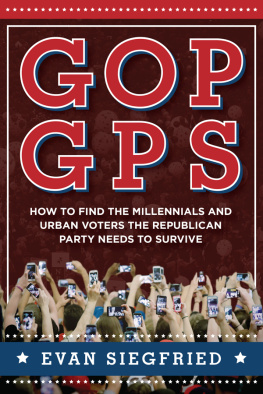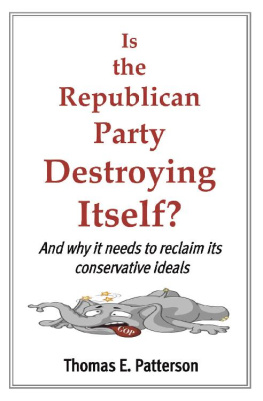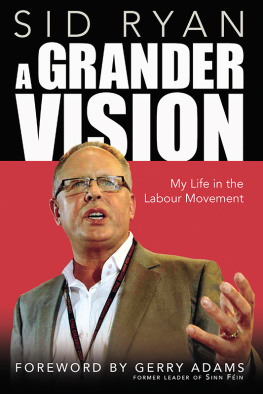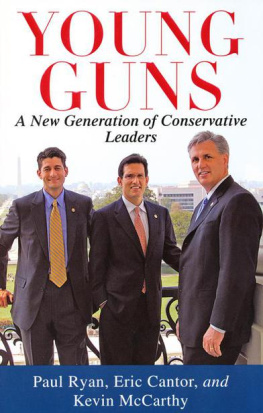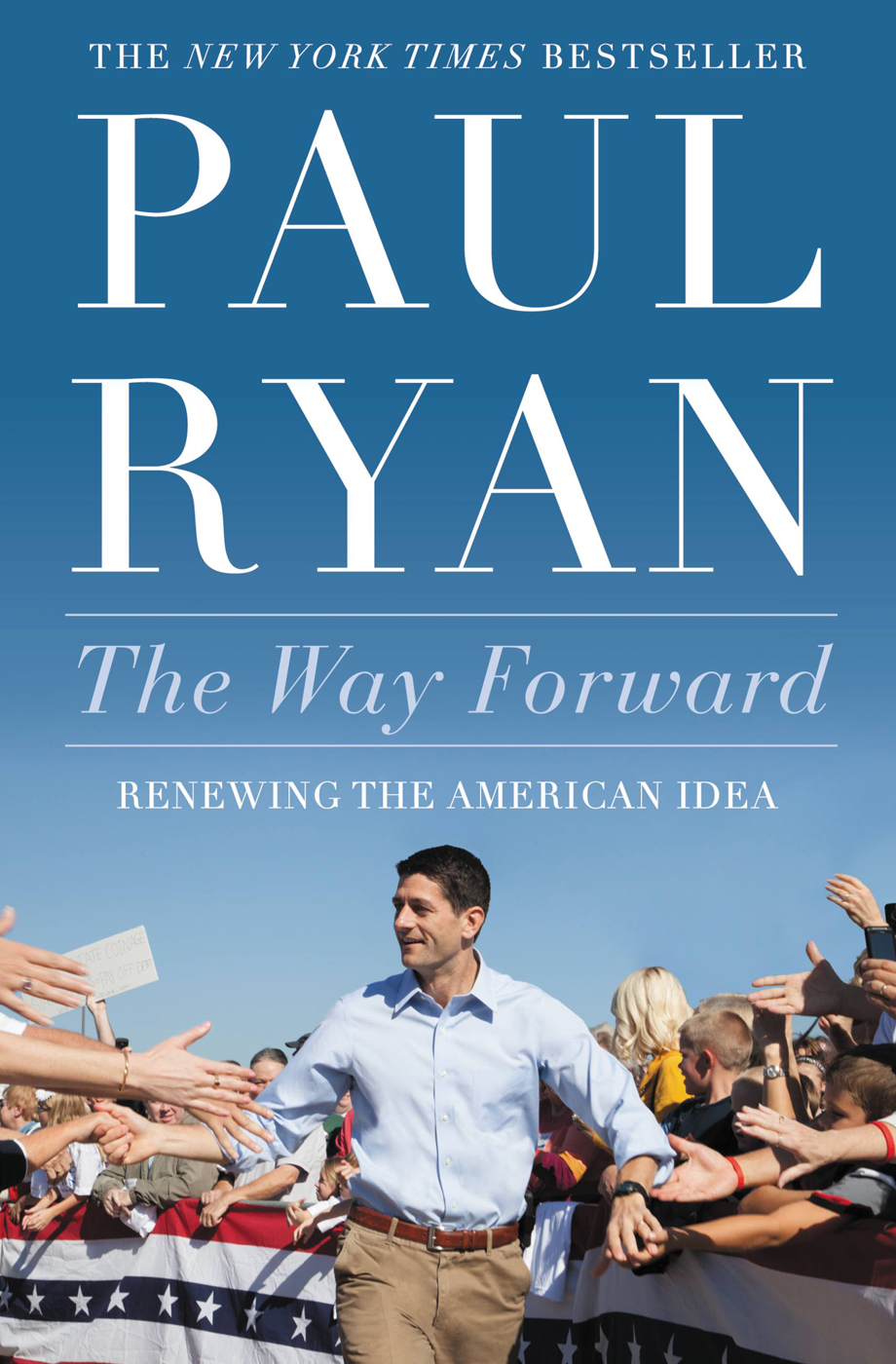Cover copyright 2015 by Hachette Book Group, Inc.
All rights reserved. In accordance with the U.S. Copyright Act of 1976, the scanning, uploading, and electronic sharing of any part of this book without the permission of the publisher constitute unlawful piracy and theft of the authors intellectual property. If you would like to use material from the book (other than for review purposes), prior written permission must be obtained by contacting the publisher at permissions@hbgusa.com. Thank you for your support of the authors rights.
Twelve is an imprint of Grand Central Publishing.
The Twelve name and logo are trademarks of Hachette Book Group, Inc.
The Hachette Speakers Bureau provides a wide range of authors for speaking events. To find out more, go to www.hachettespeakersbureau.com or call (866) 376-6591.
The publisher is not responsible for websites (or their content) that are not owned by the publisher.
I should probably explain at the outset that I never expected to write a bookand thats just one in a long list of experiences I never imagined Id have.
I didnt expect to work in Washington, D.C., for very long, or to find that work so compelling that Id come to view public policy as a worthy vocation.
I never thought Id run for Congress, and when I embarked on my first campaignat just twenty-eight years oldI didnt think I would likely win.
And I certainly never thought that Id become the GOP vice presidential nominee.
And yet its these unexpected moments that have provided the best opportunities to work on the issues I care about: economic growth, saving Medicare and Social Security, fixing our broken health-care system, and passing on to the next generation a nation that is secure and debt-free.
These are the kinds of challenges that ideally would bring out the best in both parties. After all, such concerns arent the exclusive domain of liberals or conservativesand theres common ground to be found. Yet nearly two years have passed since our last presidential election, and we still find ourselves moving in the wrong direction. Weve doubled down on a lot of the programs and policies that got us off course in the first place.
And the true price of this state of affairs is the erosion of the American Ideaa way of life made possible by our commitment to the principles of freedom and equality and rooted in our respect for every persons natural rights.
When we speak about America as being exceptional, this isin partwhat we mean. And when people talk about our country being on the wrong track, this is whats at stake.
Of course, these days its not talk about our problems that is in short supply. Whats missing is fresh thinking, good solutions, and real leadership.
In this moment, were framing up America for the twenty-first century. The questions before us are: How do we preserve the American Idea for the next generation? How do we ensure this experiment in liberty endures? And finding the answers to those questions starts with an honest debate about the different paths before usand the choices we have to make.
One paththe course that liberal progressivism is offeringis a government-centered approach. Along this path, the federal government continues to expand, attempting to meet our every need with outdated policies that put the state at the center of our lives. It leads to a future in which Americas best century is the last century. Its a future in which the American Idea is in serious jeopardy.
The second path puts society, not government, at the center of American life. Through a restoration of our founding principles, it expands freedom and fosters risk-taking, ingenuity, and creativity. Instead of growing government, it grows the economyoffering greater opportunity and prosperity for all. Along this path, government provides the necessary support rather than taking on the commanding role.
Mapping this path has been the focus of much of my work in Congress. Of course, my hope wasnt that Id be writing about these ideas; I thought Id be helping implement them as part of a Romney administration.
But it didnt take long for me to realize that while we may have lost an election, the cause continues. And those of us who are privileged to serve in public office have a duty to offer our fellow citizens a real and meaningful choice about the way forward. This book is my contribution to that conversation.
* * *
When I sat down to write, I had two questions in front of me. The first was, How did we get here? That question guides part I of this book.
It traces my own journey, which runs through Janesville, Wisconsin, where I grew up and first learned about the American Idea. And it discusses how, as a country, we slid further away from that idea, first because Republicans failed to stay true to our principles, and then because of the liberal progressive agenda that President Obama has pursued.
While part I of this book includes my recollections of people and events over the years, this is not an exhaustive memoir; where those things exist it is simply to explain my thinkingand what was happening from my viewpoint at the time. It is also not intended to be a comprehensive history. The events and conversations discussed are described as I remember them, and if I have made misstatements, it is not a product of ill intent but simply the limits of memory contending with the passage of time.
In writing this book, the other question I considered was, Where do we go from here? Part II of this book answers that question, first by looking at what liberal progressivism is offering and the vision that conservatism can deliver.
I believe the conservative vision can appeal to the majority of our fellow citizens. It offers a way of life that consists of a dynamic economy, a thriving civil society, and a government that protects our rights while offering a real safety net for those in need without overpowering the private economy and the private lives of citizens. And while the best vehicle for conservative thought and policies is the Republican Party, the GOP faces serious challenges that, in recent years, have led to critical losses at the polls.
Part II tackles this issue as well, describing the Republican Partys current vulnerabilities. Among them, the caricature of the party that the Left has promotedand the ways in which the GOP itself has played into that caricature instead of disproving it.


